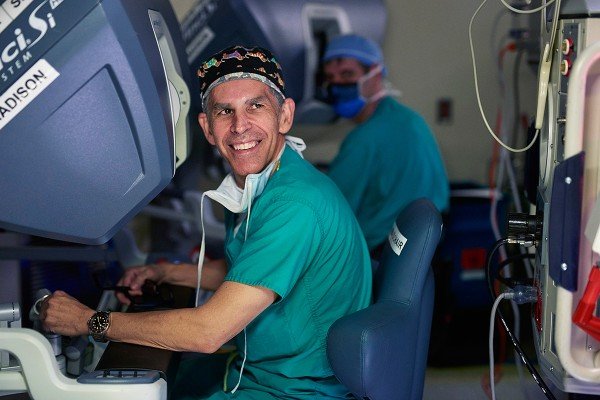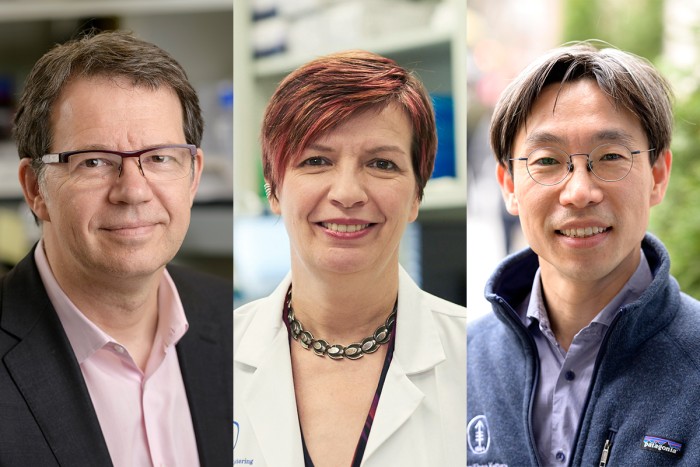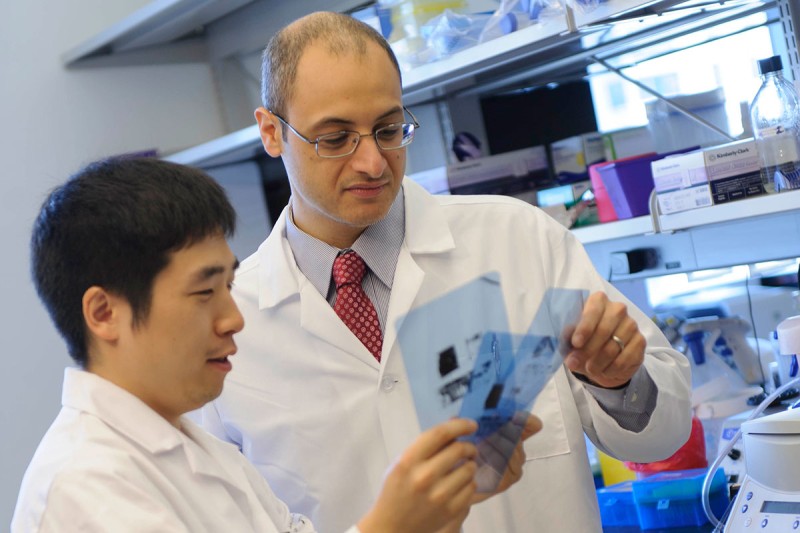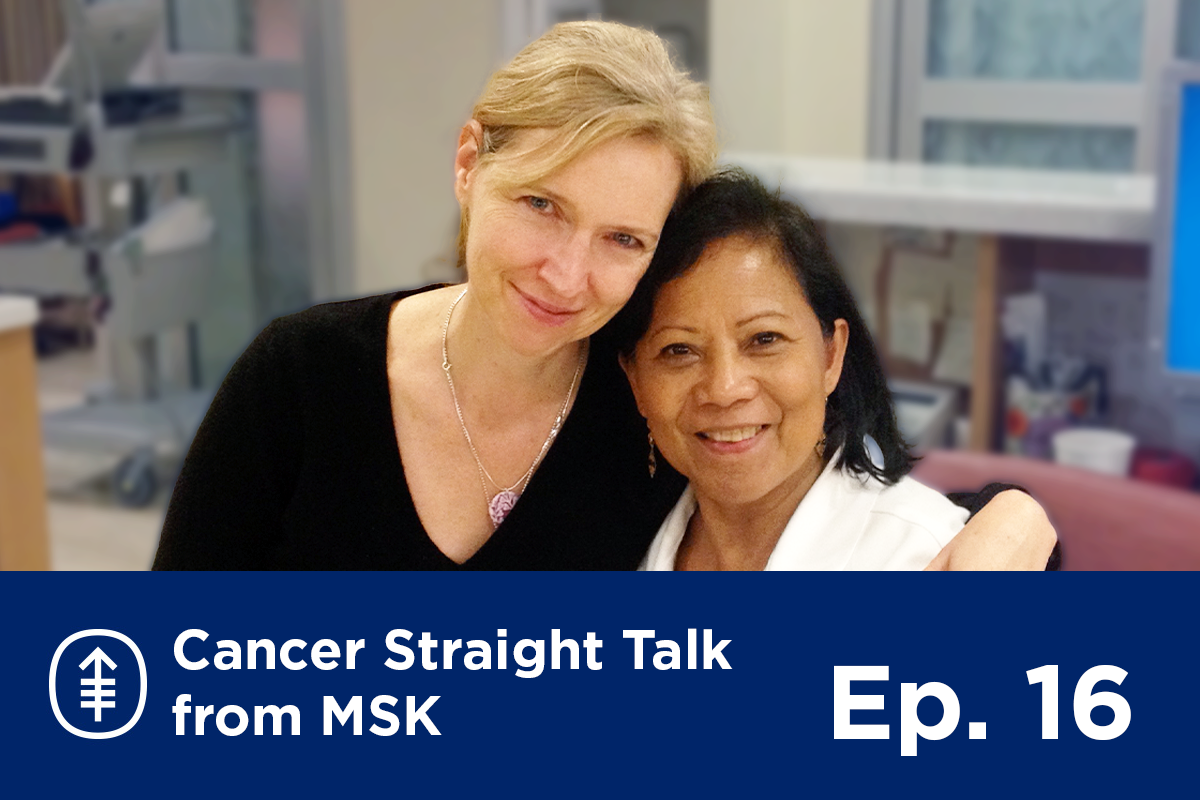Clinical Trials At Memorial Sloan Kettering

Sunlight streamed through the large windows of the David H. Koch Center for Cancer Care at Memorial Sloan Kettering (MSK), illuminating the faces of patients and researchers alike. A palpable sense of hope hung in the air, mingling with the quiet hum of scientific instruments. Here, on the Upper East Side of Manhattan, the future of cancer treatment is being written, one clinical trial at a time.
MSK’s clinical trials program is a cornerstone of its mission to conquer cancer. These studies are the critical bridge between groundbreaking research in the lab and innovative therapies that can improve and extend the lives of patients facing some of the most challenging diagnoses. This article delves into the world of clinical trials at MSK, exploring their significance, impact, and the dedicated individuals who make them possible.
The Foundation of Progress: Understanding Clinical Trials
Clinical trials are research studies that involve people. They are the final, essential step in a long process that begins with laboratory and animal studies. The goal of clinical trials is to determine whether new treatments are safe and effective, and whether they are better than existing treatments.
At MSK, clinical trials cover the entire spectrum of cancer care, from prevention and early detection to treatment and survivorship. These trials investigate new drugs, surgical techniques, radiation therapies, and diagnostic tools. Each trial is carefully designed and rigorously monitored to ensure patient safety and the integrity of the research findings.
Phases of Clinical Trials
Clinical trials are typically conducted in phases, each with a distinct purpose.
Phase I trials are the first to test a new treatment in a small group of people, usually with advanced cancer, to evaluate its safety and identify any side effects.
Phase II trials involve a larger group of patients and aim to assess the effectiveness of the treatment and further evaluate its safety.
Phase III trials compare the new treatment to the current standard treatment, often in a randomized fashion, to determine if it is superior.
Phase IV trials are conducted after a treatment has been approved by regulatory agencies like the FDA. They gather additional information about the treatment's long-term effects and optimal use.
MSK: A Leader in Cancer Clinical Trials
Memorial Sloan Kettering Cancer Center has a long and distinguished history of leadership in cancer research and clinical trials. Founded in 1884, MSK has consistently been at the forefront of developing new and innovative treatments that have transformed cancer care.
MSK conducts hundreds of clinical trials each year, offering patients access to cutting-edge therapies that may not be available elsewhere. These trials are often led by renowned experts in their respective fields, ensuring that patients receive the highest level of care and expertise.
"Clinical trials are a vital part of our mission to improve the lives of people with cancer," says Dr. Lisa DeAngelis, Physician-in-Chief at MSK. "We are committed to conducting rigorous research that will lead to new and more effective treatments."
Patient-Centered Approach: Prioritizing Well-being
At MSK, patient well-being is paramount. Every aspect of the clinical trial process is designed with the patient in mind, from the initial consultation to ongoing monitoring and support.
Patients who participate in clinical trials at MSK receive comprehensive information about the study, including its potential benefits and risks. They have the opportunity to ask questions and discuss their concerns with the research team, ensuring that they make informed decisions about their participation.
MSK also provides a range of support services to patients enrolled in clinical trials, including counseling, nutritional guidance, and financial assistance. These services are designed to help patients cope with the challenges of cancer treatment and maintain their quality of life.
The Role of Nurses and Clinical Research Coordinators
Nurses and clinical research coordinators play a crucial role in the success of clinical trials at MSK. They are the primary point of contact for patients, providing them with ongoing support and guidance throughout the study.
These dedicated professionals ensure that patients understand the study protocol, adhere to treatment schedules, and report any side effects or concerns. They also collect and manage data, ensuring the integrity and accuracy of the research findings.
Examples of Impactful Clinical Trials at MSK
MSK’s clinical trials have led to significant advances in the treatment of various types of cancer.
For example, MSK researchers played a key role in the development of imatinib (Gleevec), a groundbreaking drug that revolutionized the treatment of chronic myeloid leukemia (CML). Clinical trials at MSK demonstrated the drug's remarkable effectiveness in controlling the disease and preventing its progression.
Another example is the development of immunotherapy, a revolutionary approach that harnesses the power of the immune system to fight cancer. MSK researchers have been at the forefront of immunotherapy research, conducting clinical trials that have led to the approval of several checkpoint inhibitors for the treatment of melanoma, lung cancer, and other cancers.
Furthermore, MSK is currently leading clinical trials exploring the use of CAR T-cell therapy, a type of immunotherapy that involves genetically modifying a patient's own immune cells to target and destroy cancer cells. These trials have shown promising results in patients with certain types of leukemia and lymphoma.
The Future of Cancer Treatment: Continued Innovation
MSK is committed to continuing its leadership in cancer clinical trials and driving innovation in cancer treatment. The institution is constantly seeking new and better ways to prevent, detect, and treat cancer.
MSK is investing heavily in research and technology, including genomics, precision medicine, and artificial intelligence, to develop new and more effective therapies. The institution is also expanding its clinical trials program to reach more patients and address the unmet needs of underserved populations.
By fostering a collaborative environment and embracing innovation, MSK is paving the way for a future where cancer is no longer a life-threatening disease.
Hope and Progress
The clinical trials at Memorial Sloan Kettering offer a beacon of hope for patients battling cancer. They represent the relentless pursuit of knowledge, the dedication of countless individuals, and the unwavering commitment to improving lives.
While the journey through cancer treatment can be arduous, the advancements made possible by these trials offer a renewed sense of optimism and the potential for a brighter future.
The work being done within the walls of MSK, and at other leading cancer centers, is a testament to human ingenuity and the power of collaboration in the face of one of humanity’s greatest challenges. The fight continues, fueled by hope and driven by progress.


















